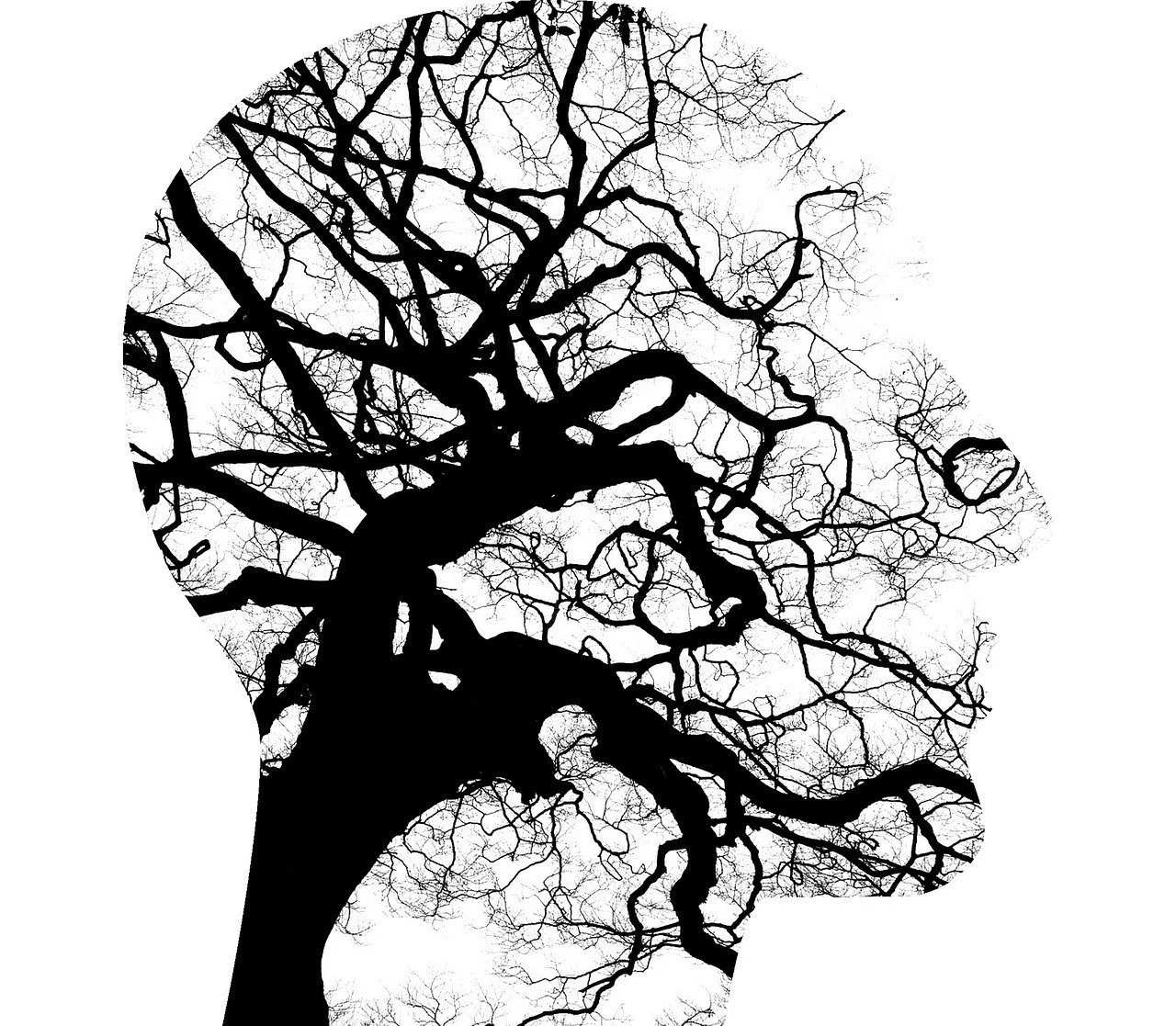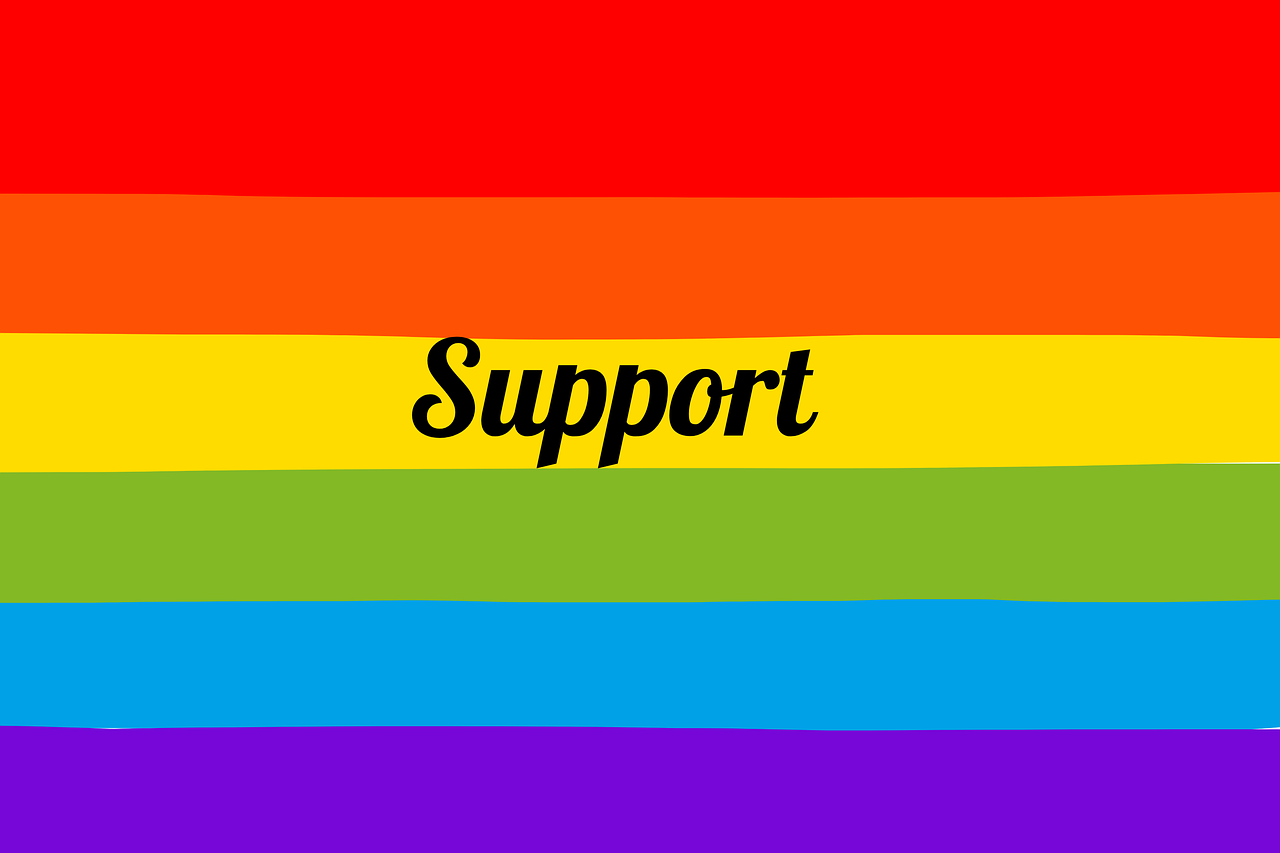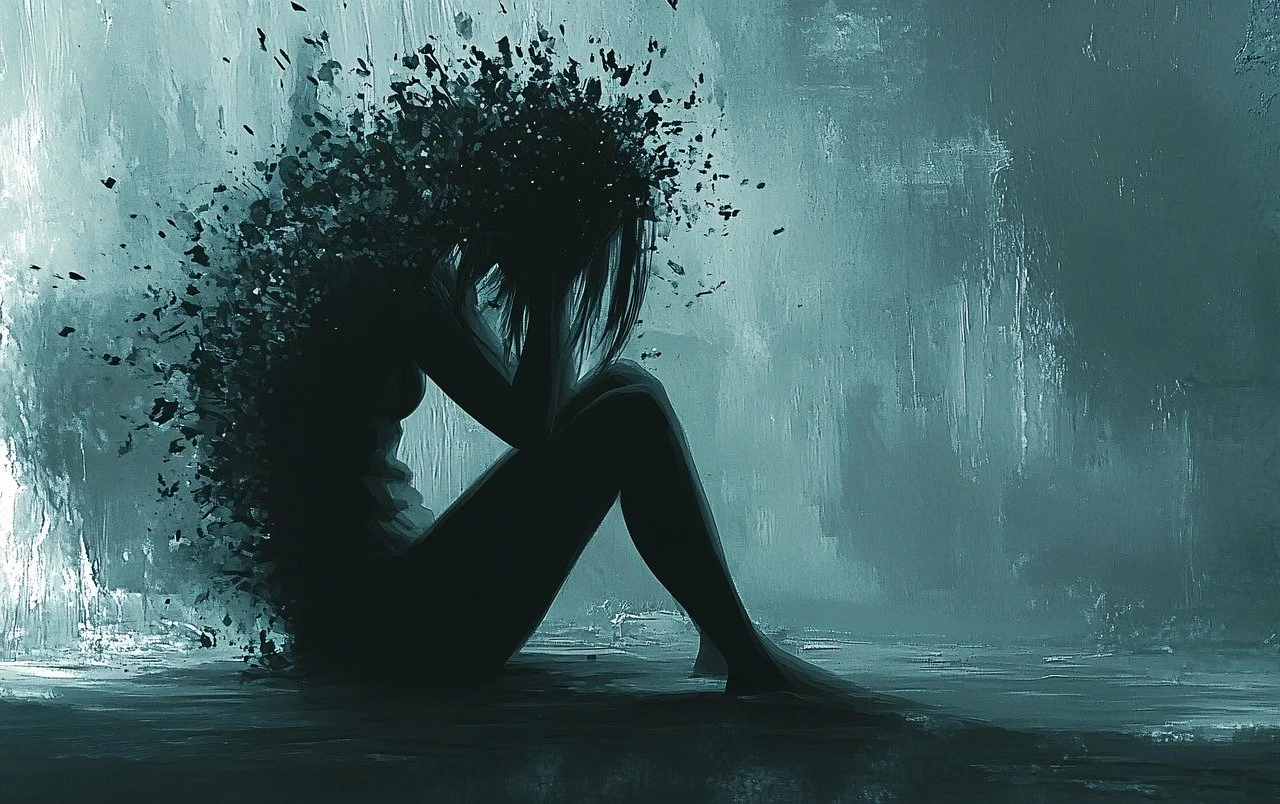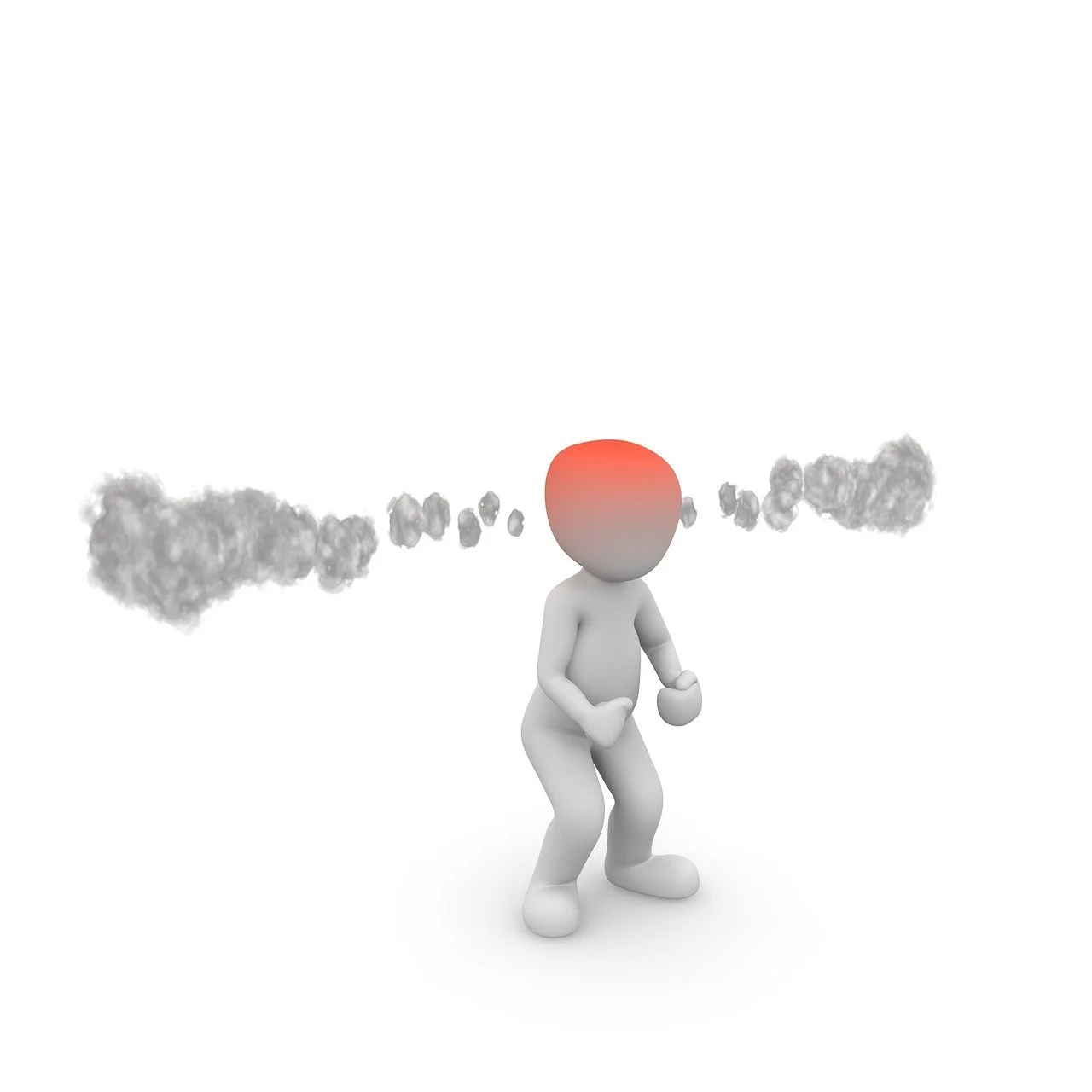
Blog

Why Integrating IFS with EMDR Therapy is So Powerful for Trauma Healing
Feeling stuck in trauma healing? The integration of Internal Family Systems (IFS) and EMDR therapy offers a uniquely powerful approach to treating past trauma.

How to Heal From Trauma With IFS Therapy
Trauma can shape how you think, react, and relate to the world long after the original event has passed. Internal Family Systems (IFS) therapy offers a powerful and compassionate path to healing by helping you understand and befriend the different parts within you that have been shaped by trauma.

The Long-Term Benefits of Trauma-Informed Therapy for LGBTQ+ Refugees
Fleeing persecution means leaving behind your home, your language, your culture—everything familiar—because staying could cost you your life or freedom. For LGBTQ+ refugees, getting to safety is only the beginning.

Is Your Addiction a Response to Trauma? How Therapy Heals the Root Cause
This article will explore the powerful neurological and psychological link between trauma and addiction, and how a dual approach using EMDR and Internal Family Systems (IFS) therapy can address both the stored trauma and the internal system that relies on addictive behaviors for survival.

Why Anxiety Feels Worse at Night and How IFS Therapy Can Help You Rest
If your mind races the moment your head hits the pillow, you're not alone. Nighttime anxiety is incredibly common, and there are real reasons why worries feel louder after dark.

The Role of Pets and Emotional Support Animals in Depression Recovery
If you're struggling with depression, your pet might be one of the few constants that brings you comfort. They don't judge you for staying in bed. They don't ask why you can't just "snap out of it." They simply offer their presence, their warmth, and their unconditional love.

Grief or Depression? How Therapy Helps You Sort Through It
Let's explore how to recognize what you're experiencing and how therapy can guide you toward feeling better. Here's what you need to know: whether you're experiencing grief, depression, or a complicated mix of both, you don't have to sort through it by yourself.

Navigating Gender and Sexual Triggers Amid Today's Political Climate: How Therapy Can Support LGBTQ+ Individuals
If you've been feeling emotionally exhausted lately, you're not alone. Many LGBTQ+ individuals are experiencing heightened stress right now. Between political debates, discriminatory legislation, and constant media coverage questioning your identity, it's hard to feel safe.

Trauma and Anger: How Therapy Unlocks Healthier Expression
Discover how therapy helps transform trauma and anger into healing and healthier emotional expression. Start your journey to peace today!

How Therapy Can Help You Manage Media-Induced Panic
Feeling overwhelmed by constant news alerts and doomscrolling? Learn how therapy approaches like EMDR, IFS, talk therapy, and mindfulness can help you heal from media-induced panic and reclaim your peace.

Myths and Misconceptions About Trauma Therapy: Understanding How EMDR Can Help
Trauma leaves invisible wounds that can shape every aspect of your life—your relationships, your sense of safety, your ability to trust, and even how you experience your own body. Yet despite how common trauma is, misconceptions about trauma therapy often prevent people from seeking the help that could transform their lives. Find in this blog a list of trauma misconceptions.

Spirituality and Depression Therapy: Finding Meaning in Healing
Depression isn't just sadness that lingers too long. It's waking up feeling hollow. It's the gnawing sense that nothing matters, that you're disconnected from yourself and everything around you.

Grief Therapy: Finding Your Path Through Loss and Toward Meaning
When we lose someone or something precious, the world can feel fundamentally altered—colors seem duller, routines feel hollow, and the simple act of getting through a day becomes an exhausting feat. Professional grief therapy offers the compassionate guidance and proven approaches you need to carry your loss with more tenderness and find meaning again.

Your First Steps to Calmer Days with Anxiety Therapy
Anxiety is exhausting, isolating, and incredibly common. You are not broken. In fact, anxiety is one of the most responsive conditions to treatment. The right therapy can help you move from feeling consumed by worry to living with clarity and control.

Finding Your Safe Space Through LGBTQ Therapy
Life comes with its share of challenges for everyone, but members of the LGBTQ community often face a unique set of experiences that can deeply impact mental health and well-being. This can include everything from the personal journey of coming out to coping with societal prejudice or the subtle weight of minority stress.

A Guide to Trauma Therapy, EMDR, and Finding the Best Therapist in Los Angeles
Trauma touches the lives of millions, casting a long shadow over mental health and overall well-being. It can stem from anything, including childhood struggles, unexpected accidents, violence, or even inherited family patterns—and deeply influences how we live each day.

Is It Normal to Feel Worse Before You Feel Better in Trauma Therapy?
Starting trauma therapy can feel like a brave and hopeful step. You might expect relief, clarity, or even peace right away. But what happens when you begin to feel worse before you feel better? It can be unsettling—but it’s also completely normal.

How to Talk to a Therapist About War, Violence, and the News
While staying informed is important, constant exposure to traumatic headlines can take a serious toll on your mental health. Many people experience stress, triggers, anger, anxiety, or even depression in response to what they see and hear in the media.

What Is EMDR—the Form of Therapy That Miley Cyrus Says “Saved Her Life”?
In a recent interview with The New York Times, pop icon Miley Cyrus opened up about a transformative experience with EMDR therapy. Cyrus described EMDR as “so weird” yet “medical” and “real,” crediting it with helping her process complex emotions and ultimately stating, “I’ve never had stage fright again”.

Loneliness and Depression: How to Break the Isolation Cycle
Understanding the connection between loneliness and depression is crucial in finding ways to reconnect, heal, and regain a sense of fulfillment. Through depression therapy individuals can learn strategies to overcome isolation and improve their mental well-being.